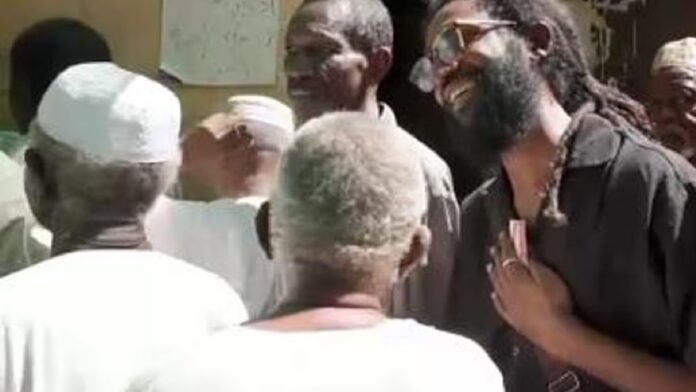KHARTOUM, Sudan — As Sudan’s civil war enters its second year, a generation of young volunteers has emerged as lifelines for communities devastated by hunger, displacement, and collapsing healthcare.
Operating soup kitchens and medical aid stations in neighborhoods across Khartoum, these volunteers are risking their lives to provide food and medicine in what the UN has described as the world’s worst humanitarian crisis.
Feeding the Hungry
With 12 million people displaced and 21 million facing acute hunger, the clanging of pots and pans signals survival for many. Volunteers prepare simple meals, often lentil soup, which for countless families is the only food they will eat that day.
The work is dangerous. Militias have targeted volunteers, and several have been killed while sourcing supplies. “In this area, we have four volunteers who have died,” said Jihad A.-Din, who continues the work in their memory.
Medicine and Hope
Beyond food, volunteers run makeshift medical aid stations, distributing medicine to the elderly and vulnerable who have been abandoned by the war. Calls for help arrive every few minutes, underscoring the collapse of Sudan’s formal healthcare system.
Choosing to Stay
Despite the risks, many young Sudanese have chosen to remain rather than flee. Their motivation is rooted in duty to family and community. “Because my people are in need… We have to help my brothers,” Jihad explained.
Volunteer Momen Wad Zeinab echoed the sentiment: “If we leave, if we do nothing, who will help these people? We should help these people by staying for them.”
A Fragile Hope
Their defiance in the face of overwhelming suffering embodies a fragile but resilient hope for Sudan’s future — a reminder that even amid war, solidarity and compassion endure.

